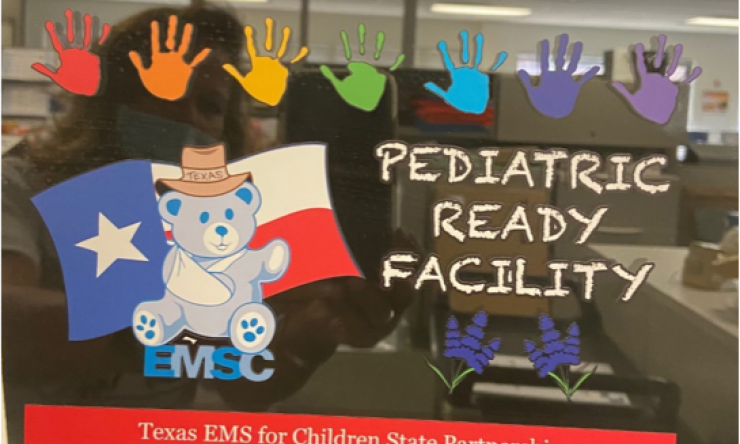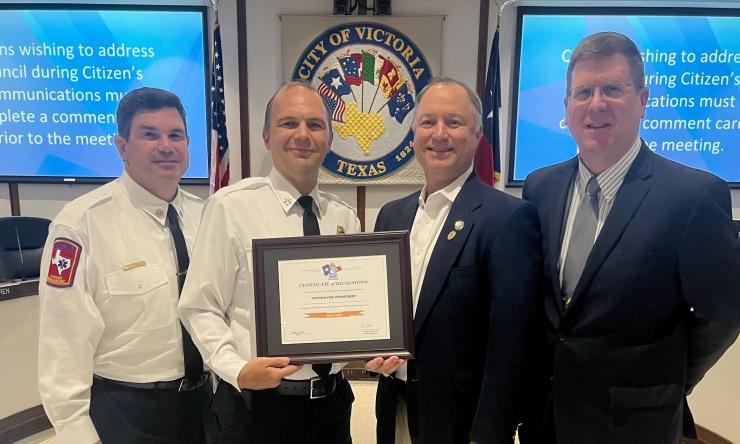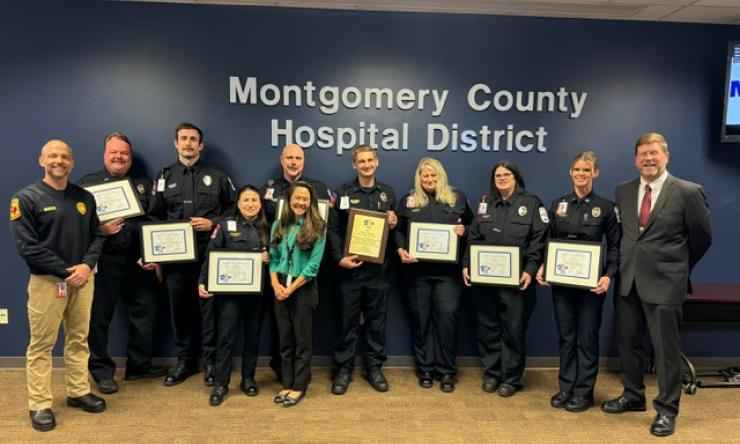2024 Prehospital Pediatric Readiness Project Assessment
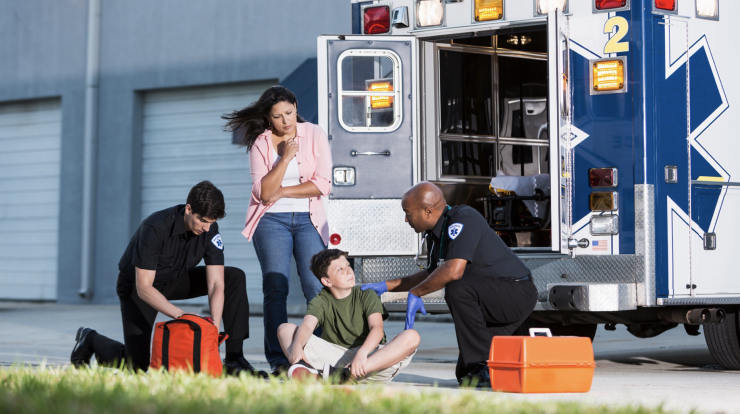
Thank you for your dedication to pediatric care by participating in the Prehospital Pediatric Readiness Project Assessment! Your agency joined over 7,000 EMS and fire-rescue agencies in this crucial effort.
Why This Matters
Your results are more than just data—they provide a roadmap for enhancing care. Statewide and nationally, your contributions will help develop tools and resources to address identified gaps, ultimately improving pediatric care nationwide. Similar efforts in emergency departments have shown that better Pediatric Readiness can reduce mortality risk by up to 76%.
What’s Next
Having completed the assessment, now focus on:
- Sharing Results: Distribute your results and gap report with leadership.
- Developing a Plan: Collaborate to address gaps using the PPRP Toolkit.
- Planning for Reassessment: Prepare for future reassessments to track progress.
Feel free to reach out if you need assistance. Your efforts are crucial to ensuring every child receives the best care every day!
National Pediatric Readiness Project Assessment

The NPRP assessment is completely voluntary and is currently in the quality improvement period. Hospitals/EDs can access the website anytime they wish and take the assessment for their own records and purposes. Please go to the Peds Ready site, select the state (Texas), county, and name of your hospital/ED from a drop-down menu and begin the assessment in the assessment software. Once submitted, you will receive an email summary report which shows: (1) Overall readiness score, (2) Answers to all scored questions broken down by the six domains of the assessment, and (3) Copy of all answers to all questions in the assessment (both scored and non-scored).
Voluntary Pediatric Readiness Program
The Voluntary Pediatric Readiness Program is an excellent opportunity for your Division or Department of Emergency Medicine to prepare and be ready to manage pediatric emergencies within your community.
Pediatric Emergency Care Coordinators in EMS
The intent of designating and developing the role of a PECC is to ensure that there is a dedicated individual(s) identified at the local EMS agency that represents pediatric interest and is responsible for coordinating pediatric specific activities
Texas EMSC EMS Recognition Program
A multi-phase recognition program for EMS agencies that wish to establish programs and standards to improve their capabilities to deliver care to pediatrics.
EMS for Children Crew of the Year Award
In honor of EMS for Children Day 2025, the Texas EMS for Children State Partnership is now accepting nominations for the 16th annual EMS for Children Crew of the Year Award.
About Us
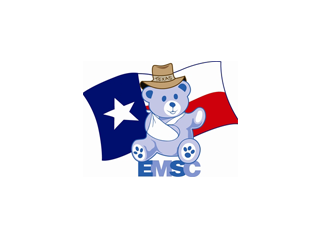
The Emergency Medical Services for Children State Partnership, Texas is a statewide collaborative project working under grant from the Health Resource and Services Administration Maternal and Child Health Bureau’s Emergency Medical Services for Children Program.
Baylor College of Medicine is the site of the Texas EMSC office and is working in partnership with the largest children’s hospitals in Texas, their affiliated colleges of medicine, and representatives of the Texas Department of State Health Services. Through this collaboration, the EMSC State Partnership, Texas will create the infrastructure to assess and achieve defined EMSC Performance Measures. In addition, the EMSC State Partnership, Texas will work tirelessly to improve education, research and pediatric pre-hospital care.
The Texas EMSC works toward ensuring that:
- State-of-the-art emergency medical care for the ill or injured child or adolescent is available when needed
- Pediatric services are well integrated into the existing state emergency medical services system
- The entire spectrum of emergency services, including primary prevention of illness and injury, acute care, and rehabilitation, is provided to children and adolescents at the same level as adults
Advisory Committee
The Emergency Medical Services for Children Advisory Committee is vital to the success of the EMSC State Partnership. The role of the advisory committee is to provide guidance to the State Partnership through vigilant exploration of the state of pediatric emergency medical care in Texas, identification of EMSC priorities, development of a strategic plan, and implementation and evaluation of EMSC strategy. Committee members, through their various backgrounds and disciplines, bring together a rich assortment of experiences and perspectives to achieve common goals. Moreover, as leaders in the community and in their respective professions and occupations, EMSC Advisory Committee members are instrumental in the promotion and promulgation of EMSC priorities.








